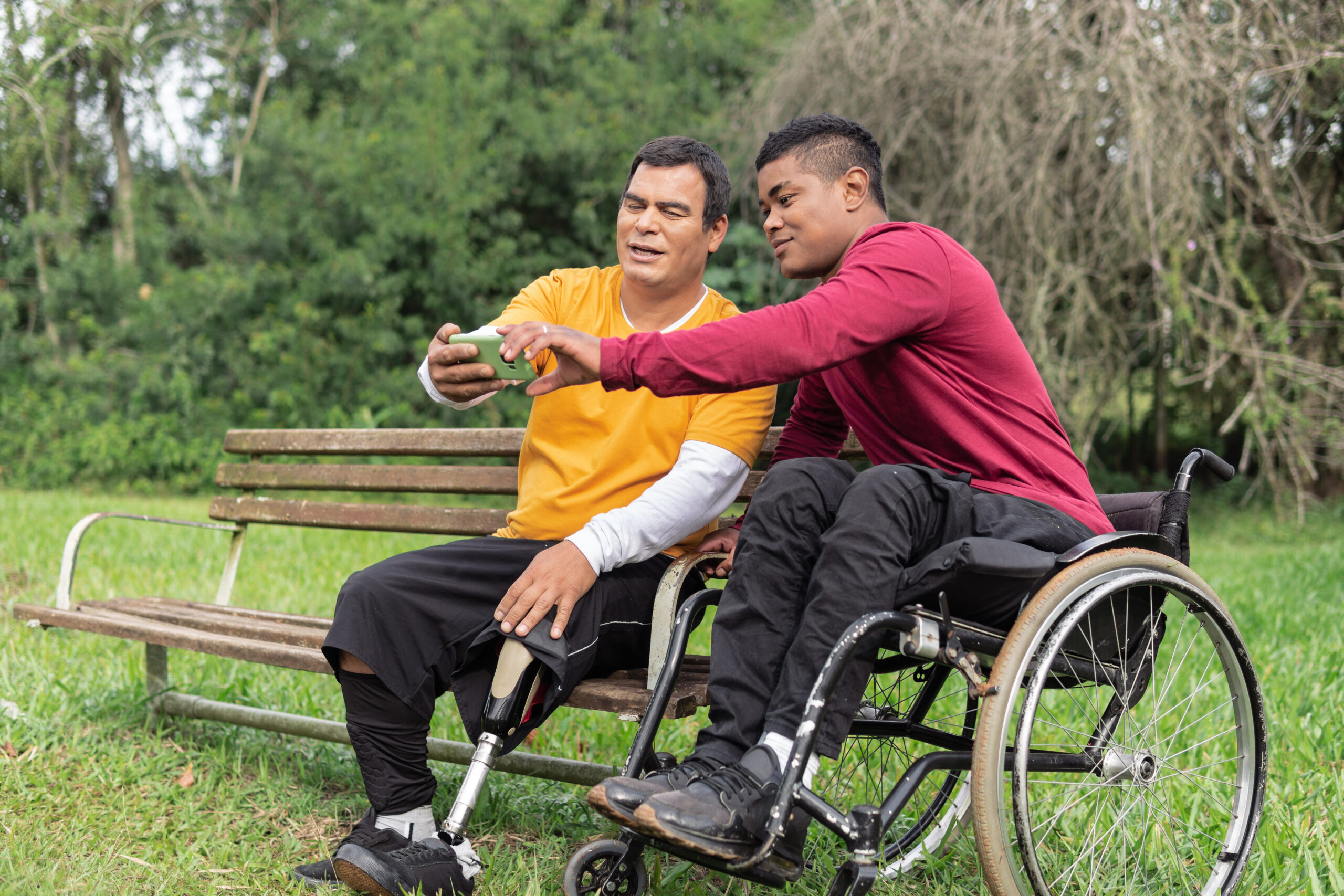Building Resilience for Amputees: How to Cope and Thrive
Resilience helps amputees manage trauma and stress, aiding emotional recovery through support, purpose, self-care, and mindset shifts. Regular mental health care and medical checkups are vital for long-term well-being.
Why Resilience Matters ?
Resilience isn’t about denying pain—it’s about learning to navigate emotions like grief and anger, embracing moments of joy, and reaching out for support when needed. It’s the key to overcoming setbacks, whether from limb loss or life’s challenges, without turning to harmful coping mechanisms.
How to Cultivate Resilience:
• Build Relationships: Connect with family, friends, or support groups.
• Find Purpose: Set achievable goals and engage in meaningful activities.
• Reflect on Past Hardships: Learn what helped or hindered you before.
• Stay Hopeful & Open: Embrace change and new possibilities.
• Practice Self-Care: Prioritize sleep, nutrition, exercise, and relaxation.
• Take Action: Address problems with small, consistent steps.
• Seek Support: Consult mental health professionals if needed.
When to See a Doctor?
Persistent stress or health issues like hormonal or thyroid imbalances can weaken resilience. Regular health checkups can identify and address these underlying concerns.
Resilience isn’t a one-time effort; it grows with practice, patience, and self-care. How you respond to adversity shapes your ability to heal and thrive

